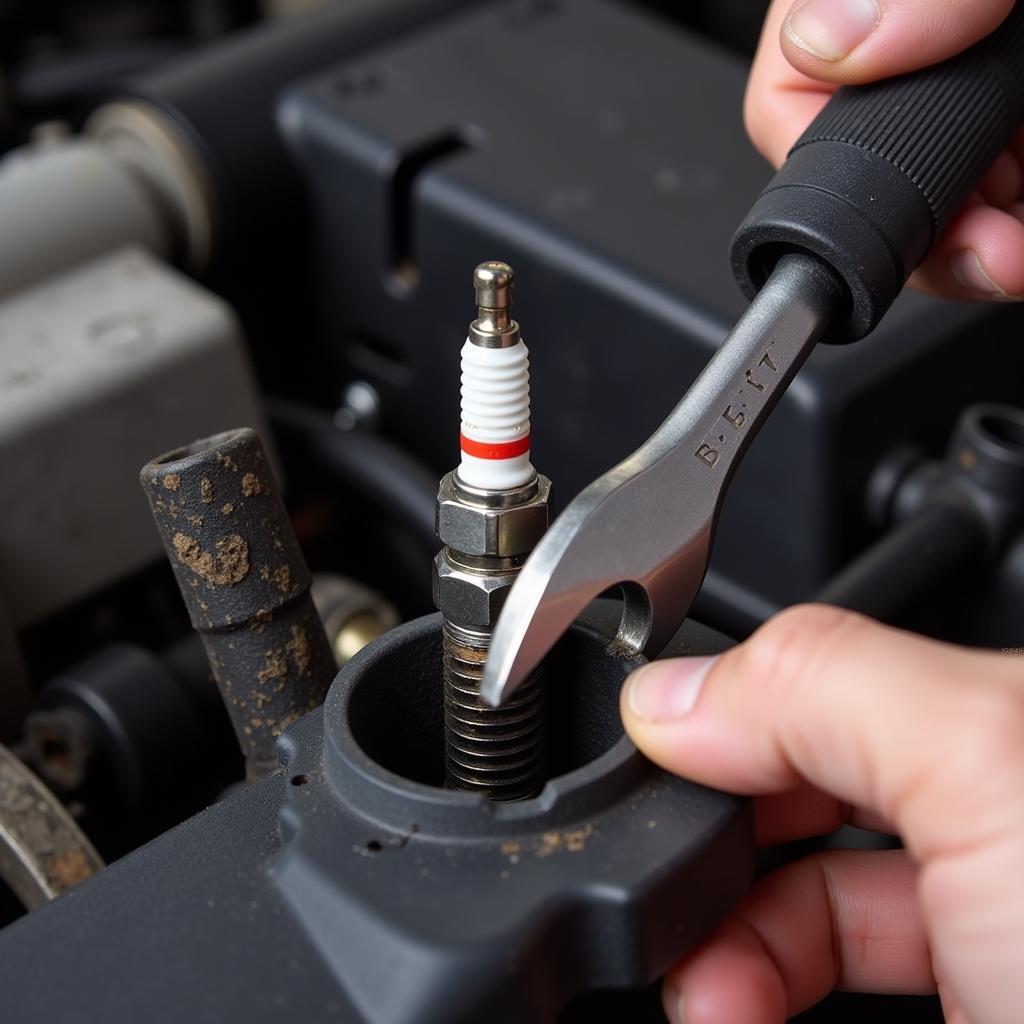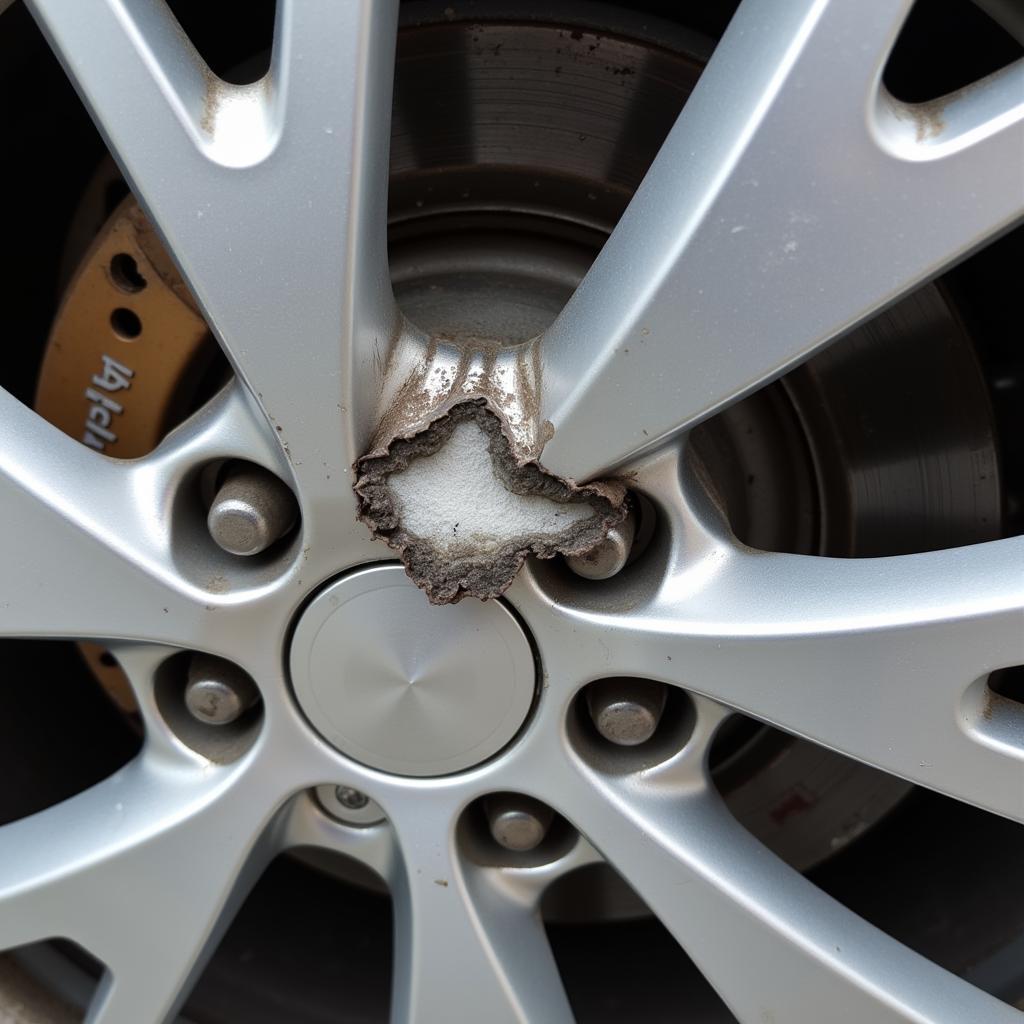My Car Is Having Problems Starting. This frustrating issue can stem from a variety of reasons, from a simple dead battery to more complex problems with the starter or fuel system. This comprehensive guide will help you diagnose and potentially fix the problem, getting you back on the road quickly. Understanding the underlying cause is crucial for effective troubleshooting. Let’s dive in and explore the common culprits behind starting problems. After reading this guide, you’ll be better equipped to tackle this common automotive headache.
If your car struggles to start, the first thing to check is the battery. A weak or dead battery is the most frequent cause of starting problems. You can try jump-starting your car from another vehicle. If the car starts after a jump, it confirms a battery issue. Consider having your battery tested at a local auto parts store to determine if it needs replacement. Sometimes, corrosion on the battery terminals can also prevent a proper connection. Cleaning the terminals with a wire brush and baking soda solution might be all you need. More information can be found at alto car starting problem.
Common Reasons Why My Car is Having Problems Starting
Several factors can contribute to a car having problems starting. Identifying the root cause requires systematic troubleshooting. Here are some common culprits:
Battery Issues
A dead or dying battery is the most common reason why my car is having problems starting. You might hear a clicking sound when you turn the key, indicating a low battery.
- Check the battery terminals: Ensure they are clean and tightly connected.
- Try jump-starting: If the car starts after a jump, the battery likely needs replacement.
- Have the battery tested: A professional test can determine the battery’s health.
Starter Motor Problems
A faulty starter motor can prevent the engine from cranking. You might hear a grinding or whirring noise when you turn the key.
- Tap the starter: Sometimes, a gentle tap can temporarily revive a failing starter.
- Check the starter solenoid: This component engages the starter motor.
Fuel System Problems
A lack of fuel or a malfunctioning fuel pump can prevent the engine from starting.
- Check the fuel gauge: Ensure there is enough fuel in the tank.
- Listen for the fuel pump: You should hear a whirring sound when the key is turned to the “on” position.
- Check the fuel filter: A clogged fuel filter can restrict fuel flow. Sometimes, having problems after filling up can indicate other issues, such as those discussed in problem starting car after fueling.
Ignition System Problems
A faulty ignition switch, spark plugs, or ignition coil can prevent the engine from firing.
- Check the spark plugs: Inspect them for wear and tear.
- Test the ignition coil: A multimeter can be used to check the coil’s resistance.
Car electrical problems can be very dangerous and should be addressed immediately, more about this can be found at electric short problem in car.
 Checking Car Spark Plugs
Checking Car Spark Plugs
Other Potential Problems
Several other factors, like a bad alternator, can also contribute to starting problems. A failing alternator won’t charge the battery properly, eventually leading to a dead battery and starting issues. You can learn more about alternator problems at alternator in cars problem. Even a brand new car can have problems, see brand new car has problems for more details.
- Check the alternator belt: Ensure it is tight and not frayed.
- Have the alternator tested: A professional test can determine its output.
Expert Insight from John Smith, ASE Certified Master Technician: “Don’t overlook the simple things. Often, a loose battery connection or a blown fuse is the culprit behind starting problems.”
Troubleshooting Tips When My Car Is Having Problems Starting
Here’s a step-by-step guide for troubleshooting starting problems:
- Check the battery: Inspect the terminals for corrosion and ensure a tight connection.
- Try jump-starting: If the car starts after a jump, the battery is likely the issue.
- Listen for the starter: A clicking sound might indicate a faulty starter.
- Check the fuel gauge: Ensure there’s enough fuel in the tank.
- Inspect the spark plugs: Look for wear and tear or fouling.
Expert Insight from Maria Garcia, Lead Automotive Engineer: “A systematic approach to troubleshooting is key. Start with the simple checks and work your way to more complex components.”
Conclusion
When my car is having problems starting, it can be a frustrating experience. However, by understanding the common causes and following the troubleshooting tips outlined in this guide, you’ll be better equipped to diagnose and potentially fix the issue yourself. Remember, safety is paramount. If you’re unsure about any step, consult a qualified mechanic. For further assistance or expert advice, feel free to connect with us at AutoTipPro. Call us at +1 (641) 206-8880 or visit our office at 500 N St Mary’s St, San Antonio, TX 78205, United States.
FAQs
- What is the most common reason a car won’t start? A dead battery is the most frequent culprit.
- How can I tell if my starter is bad? A clicking sound when turning the key is a common indicator.
- Can a bad alternator prevent my car from starting? Yes, a faulty alternator will eventually drain the battery.
- What should I do if I hear a grinding noise when starting? This could indicate a problem with the starter motor.
- How often should I replace my car battery? Generally, every 3-5 years, depending on usage and climate.
- Is it safe to jump-start my car? Yes, but follow the proper procedure to avoid damage.
- What should I do if my car still won’t start after trying these tips? Consult a qualified mechanic for further diagnosis and repair.





Leave a Reply